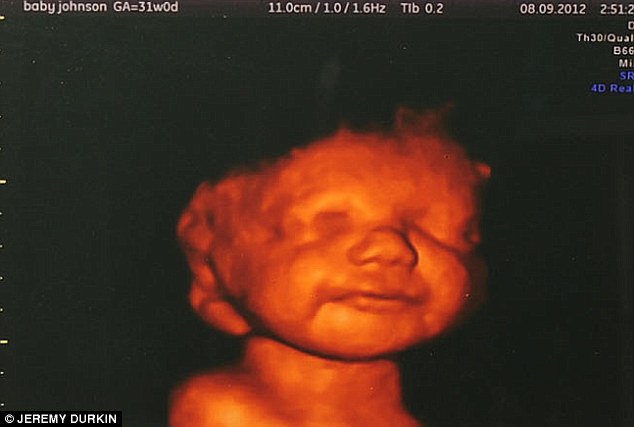With each passing week it seems the Supreme Court of India gives another woman permission to have her late-term unborn baby aborted.
Abortions are illegal after 20 weeks of pregnancy in India. At 20 weeks, an unborn baby is almost fully formed and close to the point of viability (about 23 weeks). Late-term abortions also are risky and can be deadly for the mother.
However, women increasingly have been petitioning the high court for permission to abort their late-term unborn babies because of fetal abnormalities or sexual assault.
On Thursday, the high court gave a 20-year-old woman from Pune, India permission to abort her unborn baby because of a fatal disability, according to the Hindustan Times.
The unborn baby is 24 weeks along, generally considered to be the point of viability. The baby recently was diagnosed with a fatal condition where his or her brain and skull did not develop, according to the report.
“We consider it appropriate and in the interest of justice to allow termination of pregnancy,” high court Justices S. A. Bobde and L. Nageswara Rao said in their decision.
Doctors at BJ Government Medical College said they examined the woman and her unborn baby and found that the baby had a “complete absence of brain and skull” and was not likely to survive. They also said there is no treatment for the unborn baby’s condition, NDTV reports.
Because these late-term abortion requests have become so frequent, the India Supreme Court recently asked the government to consider setting up a permanent medical board to examine late-term abortion petitions. Currently, the courts set up temporary medical boards to examine individual cases.
The government told the high court Thursday that it is acting on that request.
Here’s more from the Times:
Solicitor General Ranjit Kumar, appearing for the Centre, told the bench that the government had, in accordance with the apex court’s earlier direction, communicated to all states and union territories to constitute medical boards to deal with such abortion matters.
SUPPORT PRO-LIFE NEWS! Please help LifeNews.com with a donation
“The Union of India has communicated to all the states and union territories about having such medical boards in place,” Kumar told the court.
The high court also is considering the case of a 13-year-old rape victim from Mumbai who is 30-weeks pregnant with her unborn child, according to the BBC. The girl’s doctor recommended a late-term abortion, arguing that the girl’s pelvis is not fully developed and childbirth could cause her physical and mental trauma.
However, the doctor did not explain how the abortion will be less risky than childbirth. Late-term abortions tend not to be very different from childbirth; they typically involve inducing labor and giving birth to the dead baby’s body, rather than a live child.
Earlier this summer, the Supreme Court of India rejected another family’s request for a late-term abortion out of concern for a young girl’s health. In that case, the 10-year-old girl’s parents requested the late-term abortion without their daughter’s knowledge; the Supreme Court of India rejected their petition after medical examiners determined that the abortion could endanger the 10-year-old girl’s life.
However, in May, the high court granted permission for another 10-year-old rape victim to have an abortion when she was about 20 weeks pregnant.
In cases of fetal anomalies, the high court seems to base its decisions on whether the unborn child is likely to die anyway. The high court has granted several late-term abortion petitions to women bearing babies with fatal disabilities, but it has refused other cases where the babies had treatable conditions.
In February, for example, the high court rejected a woman’s request for a late-term abortion because her unborn baby had Down syndrome. The Free Press Journal reports the court said the woman’s life was not at risk and her baby should not be aborted simply because of the genetic disorder.
“It is sad that the child may suffer from physical and mental challenges and it’s unfortunate for the mother but we can’t allow an abortion…We have a life in our hands,” the court said in that case.








